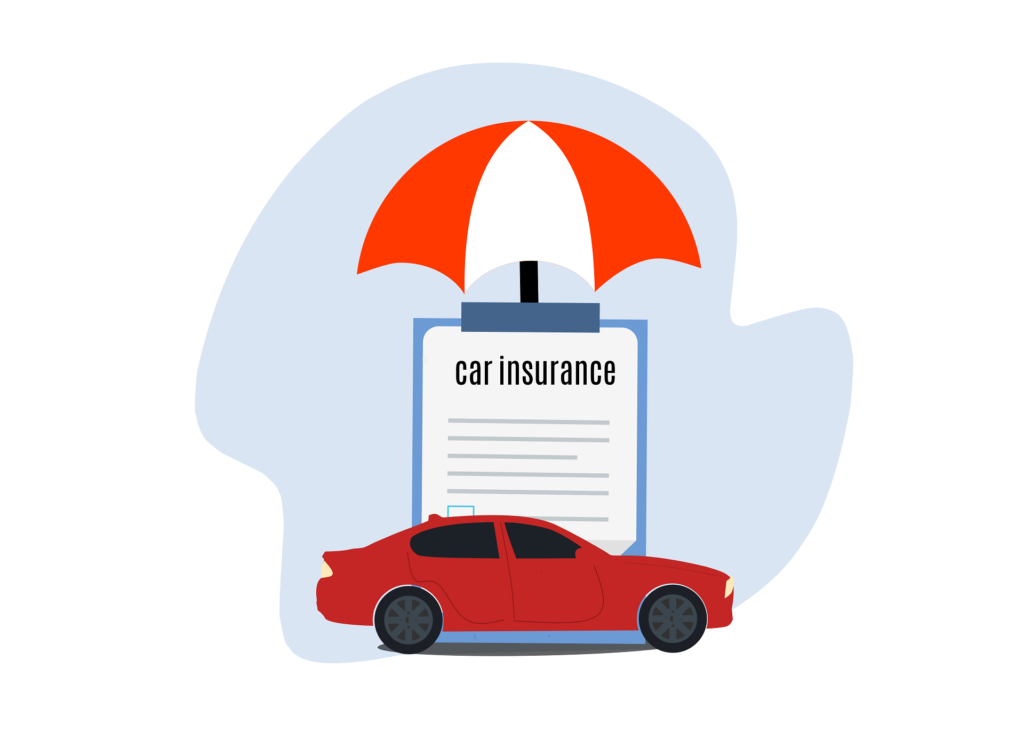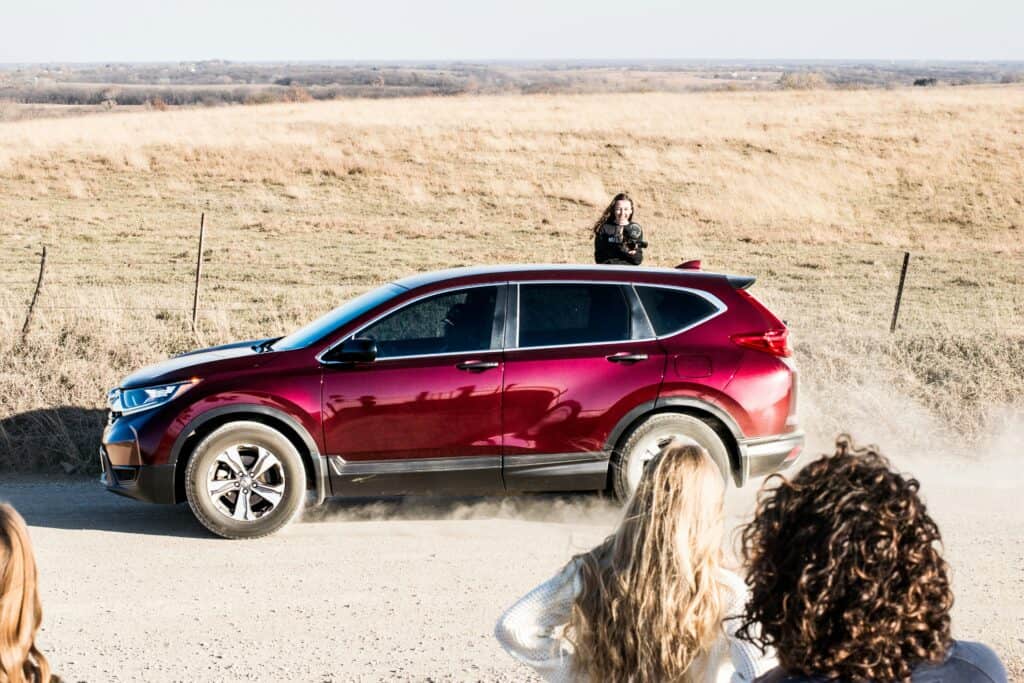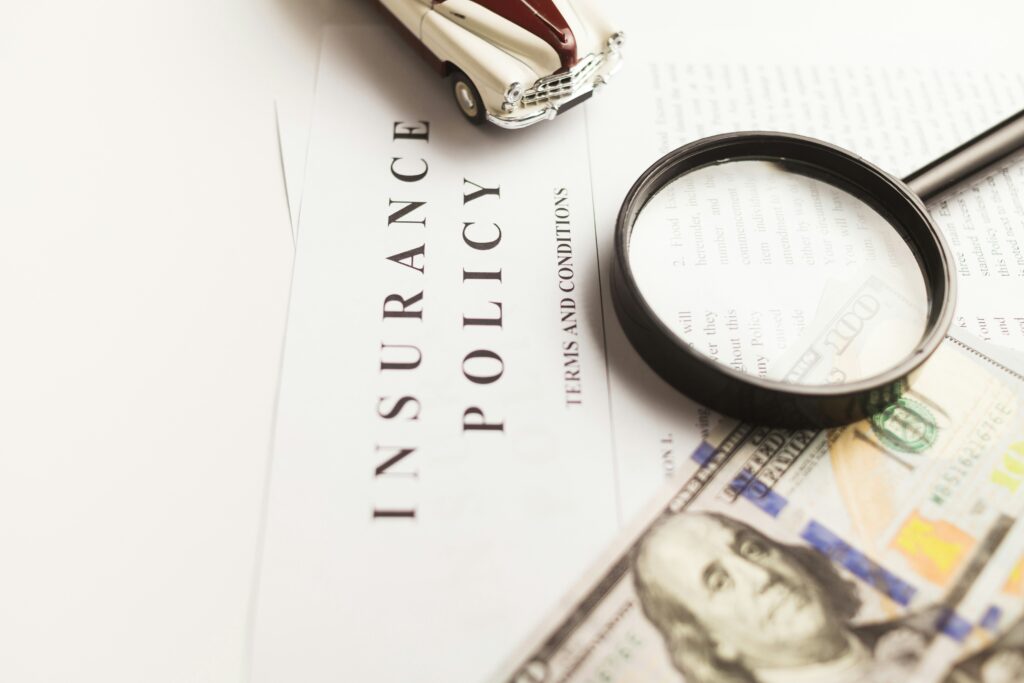Most of us secure our homes and vehicles with insurance policies tailored to protect them against particular risks. Yet, standard insurance won’t shield you from damaging lawsuits. Litigation could threaten your assets and your future income. In such cases, umbrella insurance is a vital safeguard. This insurance provides an extra layer of protection beyond your primary policy limits. In this article, we’ll discover how umbrella insurance works and whether you need it.
Does your car insurance seem expensive? It may not be enough
Car insurance is mandatory in every US state. Still, some states have very low auto insurance requirements. Your insurance payment may fall significantly short of what you need if you have an accident. If you are the driver at fault, you are responsible for the damage even if your insurance doesn’t cover it. This could leave you open to substantial financial loss. The injured party could take you to court. If the court makes an order against you, you could see your property up for auction and a garnishee order on your salary.
Auto insurance is not cheap, and it rises each year as components and features become more complex and expensive to repair. According to Bankrate.com, the current average car insurance in the US is $2,545 per annum. Insurance premiums vary substantially from one person to another. On the lower end of the scale auto insurance premiums may be as low as $741 per annum. What you’ll pay depends on your circumstances, the car you drive, your risk profile, and the extent of your coverage.
Your car insurance premiums may seem expensive, but are you paying enough?
Even if you pay premiums at the higher end of the scale, you may not pay enough to cover your liabilities in case of an accident. Auto insurance covers a fraction of the cost of a major accident. In such an accident may result in bodily injury or damage to other vehicles or property. Generally, your primary insurance will not cover most of these expenses. For this, you need umbrella insurance. An umbrella insurance policy works by paying personal liability costs above those covered by home or auto insurance.
Umbrella insurance: Bridge the Gap from Car Insurance
Umbrella insurance offers you an extra layer of protection. It kicks in when your existing policy limits run out. So, for example, if you have a car accident, injuring another person. Assume your car insurance liability coverage has a $500,000 limit, but the medical bills reach $750,000. Your umbrella policy covers the extra $250,000.
Most insurance companies will demand a minimum of $300,000 and $250,000 house and auto liability coverage on your primary insurance before you can buy umbrella insurance.
An umbrella insurance policy covers more than just car accidents. Other personal liability coverage includes dog bites and property damage you cause. It also covers lawsuits, such as libel or slander, against you.
So, umbrella insurance is a broader liability coverage that protects you for various situations.
What does umbrella insurance cover?
An umbrella liability policy kicks in after your primary insurance has reached its limit. Most umbrella insurance policies cover the following:
- Physical injury: Umbrella policies cover medical expenses. They also cover the income lost by a person injured in an accident
- Personal injury: If you’re sued for defamation, libel, or slander, your umbrella insurance should cover your legal fees.
- Property damage: Any property you damage negligently or by accident is covered by umbrella insurance.
- Rental property damage: Umbrella coverage will reimburse you for damage caused by tenants in your properties.
- Legal defense: Your liability insurance will also cover the costs of lawsuits covered by the policy.
- False arrest: Your insurance carrier will cover costs incurred if you are unfairly arrested or detained.
What doesn’t umbrella insurance cover?
Unsurprisingly, the insurance industry does not offer umbrella insurance under the following circumstances:
- Intentional or criminal acts: Damage or injury deliberately caused is not covered
- Business activities: You need separate insurance for liabilities arising from business activities
- Damage to your own property: Damage to your property isn’t covered
- Vehicles owned by others: All vehicles covered must appear on your policy.

Why umbrella insurance is important
Umbrella insurance coverage is a vital part of personal finance and risk management. Umbrella insurance works by topping up your insurance when your auto or home insurance has reached its limits. Without it, you risk paying for medical bills, legal costs, and property damage should you have an accident.
Extra coverage that extends beyond your base insurance policy
Umbrella insurance provides extra liability coverage. This cover could save you thousands when you face liability claims that exceed your home and auto insurance limits. Umbrella insurance protects your assets and net worth.
Applies to a wide range of policy options
Umbrella insurance policies cover many situations. Coverage includes bodily injury claims, legal expenses, and property damage liability. It will even cover certain lawsuits, like libel or slander, not covered by primary policies.
Umbrella insurance is affordable
When you consider how much extra coverage you receive, umbrella coverage is relatively affordable. Premiums are generally lower than they would be if you were to increase your home or auto insurance limit.
Umbrella insurance policy shortcomings
Your umbrella insurance policy may not cover every possible situation. There may be policy exclusions and limitations. Review the terms and conditions to understand what is and isn’t covered by the insurance company. Know your liability limits and the situations that the umbrella insurance covers.
Is umbrella insurance a good investment?
Almost everyone needs umbrella insurance to cover the risk of liability, medical costs, and legal fees. How much umbrella insurance you need depends on several factors including:
· High net worth: If you have significant assets like a house, savings, or investment accounts, a liability judgment could put them in jeopardy. Umbrella insurance protects these assets from claims that exceed your primary insurance limits.
· High liability risks: Owning a pool, dog, rental property, or having a teenager in the house increases your risk.
· Low auto and homeowners insurance limits: If your existing liability limits are low, even a minor accident could expose you to personal financial loss.
· Professional liability: If your job involves interacting with the public or handling sensitive information, you might have a higher risk of lawsuits.
Do your research. Many insurance companies offer online tools to help you assess your umbrella insurance needs. Call an independent insurance agent to discuss your insurance needs and how to meet them. As a rule of thumb, your umbrella policy should cover at least your net worth because this is the amount you could lose if you are sued.
Do need an umbrella insurance policy?
You need umbrella insurance coverage in any of the following circumstances:
- You own a dog
- You have a swimming pool, a boat, or other recreational assets
- You rent property to tenants and risk landlord liability
- People work on your property
- You want to protect your assets from liability claims
How much umbrella insurance do I need?
Your assets, income, lifestyle, and liability risks dictate how much personal liability insurance you need. Here are some guidelines for evaluating how much coverage you need.
- Assess your assets: Calculate the total value of your assets. Include savings, investment accounts, retirement accounts, real estate, and valuable possessions. This amount represents the value at risk in the event of a lawsuit exceeding your primary insurance coverage.
- Evaluate your income: If you’re sued and the judgment goes against you, your income could be garnished to satisfy the judgment. Evaluate how much income you should protect.
- Review your current liability coverage: Check the liability limits of your primary policies, like your homeowners insurance policy. Your umbrella liability insurance should provide coverage above these limits.
- Identify risks: Assess your lifestyle to identify liability risks. Owning pets, hosting social gatherings, or having teenage drivers may increase your risk exposure.
- Consult an insurance agent: A professional can help you assess your risk exposure. They can recommend appropriate coverage limits based on your circumstances. They can provide insights into common liability risks and suggest a personal umbrella insurance policy to meet your needs.
Protect your wealth with umbrella insurance
Umbrella insurance may be the most significant insurance cover you’ll ever buy. This insurance is often $1 million or more and comes at a surprisingly affordable price.
It’s a good idea to evaluate your entire insurance portfolio at this time. Call an insurance agent or broker to get an expert view of the insurance gaps. Do your research and gather quotes from umbrella insurance companies. You may prefer to keep your umbrella insurance with the same insurance company that provides your homeowners policy. Many insurance companies offer umbrella insurance as an add-on to your primary insurance policies.
Here are some of the companies that provide umbrella insurance.
Compare quotes and check the coverage and exclusions to find the best fit for your needs. Don’t prioritize price over adequate protection.
Choose a reputable company with good customer reviews. Choose your coverage level. These usually start at $1 million to a maximum liability coverage of $5 million.
Understand the terms and conditions before you sign the contract.

Safeguard your assets
Don’t let an accident change your life. Be proactive and safeguard your assets against unforeseen circumstances. Extend your liability cover beyond the limits of your primary insurance. In a world where court action can strip your assets, you need the peace of mind that only umbrella cover can offer.
FAQs
How much umbrella insurance do I need?
The amount of umbrella insurance you need depends upon your circumstances, lifestyle, and net worth. If you are unsure, get advice from an insurance agent or broker.
Is umbrella insurance the same as excess liability insurance?
Umbrella insurance is not the same as excess liability insurance. Umbrella insurance limits are generally higher, and they cover a broader range of risks. Excess liability insurance focuses on certain liability risks covered by your primary policies.
How much does umbrella insurance cost?
Umbrella insurance costs will differ based on your risk profile, location, and insurance company. The coverage size will also heavily impact the price.

